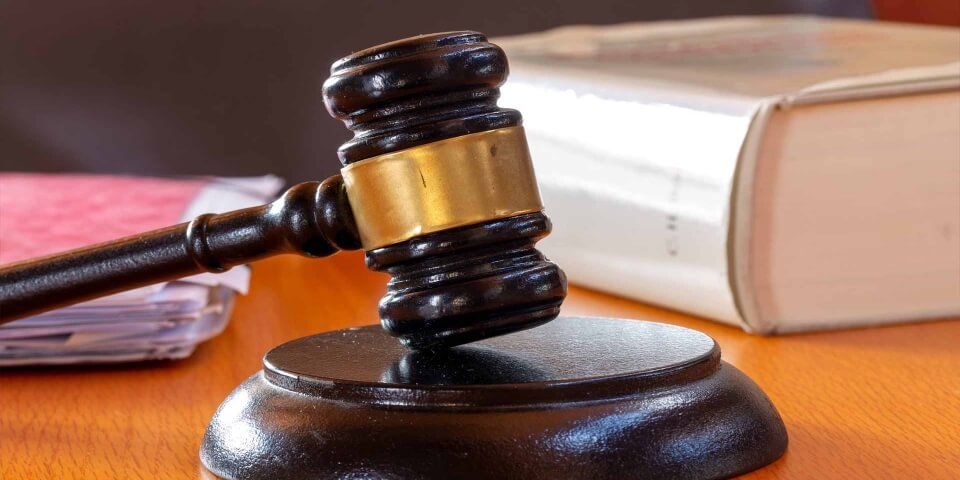أسئلة وأجوبة
After acquittals by the first instance and appeals courts, can the case still go to the Court of Cassation?
Hello,
This is regarding an enquiry about a case where we were acquitted by the first instance court, that is, the trial court.
The prosecution appealed the judgment, and we also received an acquittal verdict from the misdemeanour appeal court.
I know there are still 30 days, but what are the chances it can be appealed to the Court of Cassation?

Dear Client,
Thank you for your inquiry!
You are correct that, following acquittals at both the trial court and the misdemeanour appeal court, the prosecution still has the right to file an appeal to the Court of Cassation within 30 days from the date of the appeal judgment.
It is important to note that the Court of Cassation does not re-examine the facts or evidence of the case.
Instead, it reviews only points of law or procedural matters, such as whether there has been a misapplication or misinterpretation of the law, or any procedural irregularities in the lower courts’ judgments.
While the prosecution may submit an appeal, the chances of the Court of Cassation overturning two consecutive acquittals are generally low, provided that the lower courts’ judgments are well-reasoned and free from legal or procedural errors.
However, the possibility of an appeal remains until the 30-day period has expired.
If you would like a more detailed assessment of your case or require assistance in preparing for any potential proceedings before the Court of Cassation, please let me know. I am available to support you through this process.
Best regards,
Abdul Wahied
After you are acquitted by the first instance court and then by the misdemeanor appeals court, there is no possibility of referring the case to the Court of Cassation because the ruling of the appeals court, which is the second instance in the judicial system, is considered final in this case.
Dear Inquirer,
Thank you for your message!
If you have received acquittal judgments at both the First Instance Court and the Misdemeanour Appeal Court, the Public Prosecution still has the right to file a final appeal before the Court of Cassation within 30 days.
However, it is important to note that the Court of Cassation does not re-evaluate facts, but rather reviews the application of law and legal procedures. Therefore, the chances of overturning two acquittals are generally limited, but not impossible.
To assess the risks accurately and prepare for any possible legal action, we recommend that you book a consultation or appoint our office to represent you before the Cassation stage.
Best regards,
Dear Questioner,
Thank you for your inquiry regarding the criminal case in which you were acquitted at both the First Instance Court and the Misdemeanour Appeal Court.
Under UAE Criminal Procedure Law, the Public Prosecution does have the right to appeal to the Court of Cassation within 30 days of the appeal judgment, even in cases where the defendant has been acquitted. However, please note the following:
1. Grounds for Cassation Are Limited
The Court of Cassation does not re-examine facts or evidence. It only reviews whether there were procedural errors, violations of law, or misapplication or misinterpretation of legal principles in the decisions of the lower courts.
2. Likelihood of Acceptance
Appeals to the Cassation Court are not automatically accepted. The prosecution must present a valid legal reason (not just disagreement with the judgment) for the Court of Cassation to accept the appeal.
3. You Are Still Acquitted
Until and unless the Cassation Court accepts the appeal and overturns the verdict, your acquittal remains valid and enforceable.
Recommendation
You may remain cautiously optimistic, especially since you have already been acquitted at two levels. However, it is advisable to monitor the situation closely until the 30-day period expires.
If you would like, we can assist you with:
- Monitoring any filings by the prosecution,
- Preparing a legal defense in case the matter proceeds to Cassation, and
- Advising on your rights and steps to take.





